David Brackin is an occasional guest writer on Tamebay and is a Director of Stuff U Sell, the UK’s leading eBay Trading Assistant. He has sold over £5m of goods on eBay for other people.
The Guardian today reports on the potential pitfalls of allowing collection of items paid for with Paypal, highlighting the gap in seller protection compared with – say – items sent by recorded delivery. Happily for the two people whose cases were brought up in the article, Paypal have made a goodwill gesture to cover their losses. But what can the rest of us do to protect ourselves from this kind of fraud?
The first thing to note is that this sort of thing is extremely rare, and isn’t something to panic about. In the past eight years of trading, I can count on one hand the number of instances where we have experienced this sort of fraud on collection items, and in most cases it has been with payments made by cheque. Paypal seems to be more secure than traditional payment methods in this regard – on the whole, the benefit it offers in reassuring buyers far outweighs the risk of fraud.
Moreover, the news that Paypal are going to work closely with law enforcement is most welcome: being able to trace online fraudsters through their digital footprints one thing that keeps this channel more secure.
For our sellers, they were protected by our guarantee and so they got paid in any case: this peace of mind is all part of our service. But what can you do if you are trading directly and have some large one-off transactions like the sellers in the article?
Paypal is a required form of payment for all eBay transactions, and some items can’t simply be popped into a Jiffy Bag and posted. Indeed the strength of eBay over many other e-commerce platforms is its ability to handle the larger and more exotic one-offs which require specialist handling and which are often collected in person.
The first line of defence is your intuition about a transaction. Is it for a large amount? Is the buyer a new or recently returning user or showing unusual activity in their recently purchased items? Are they particularly pressing for an urgent collection? Is there anything about their approach which suggests something just isn’t right? Any of these things might put you on a more suspicious footing about a transaction – obviously the more experience you have, the more likely you are to spot something out of the ordinary.
The second is to have good procedures for collections. Ask the buyer to identify themselves (genuine buyers won’t mind bringing some ID along with them) and take a note of the car registration in which they arrive. Ask them to inspect the item fully and get a signature to confirm the item is the one they have bought. This will also minimise the number of returns which occur -particularly troublesome with larger items.
If you are running a warehouse, then ensure that your CCTV cameras cover the areas where transactions are made and items are loaded and can record faces and identify vehicles. All these steps will help deter fraudsters from believing that they can get away with the crime.
Finally, if you can’t satisfy yourself that the buyer is a trustworthy and reliable party, then be prepared to refund the payment and cancel the transaction if they can’t prove that it is genuine. No matter how much you want to make the sale go through, you have to remain objective in your assessment of whether it really is genuine.
Above all, remember that by far the vast majority of buyers are decent and honest folk. I really enjoy meeting the wide array of people from all walks of life who come and collect from us when they indulge their passions on eBay.
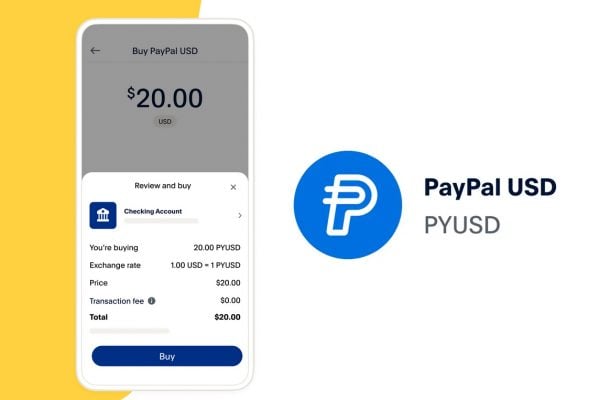

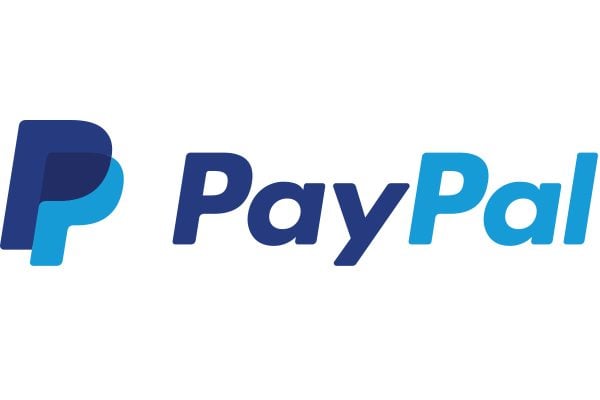
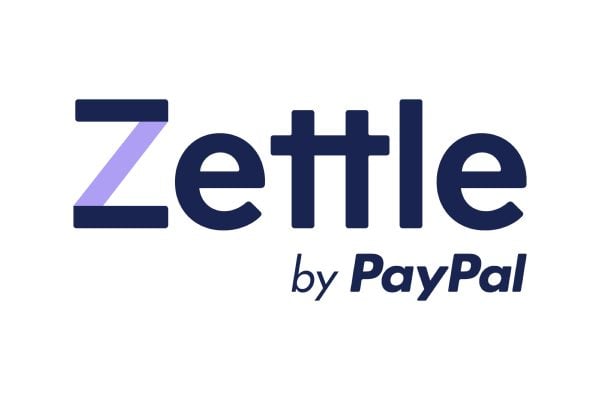
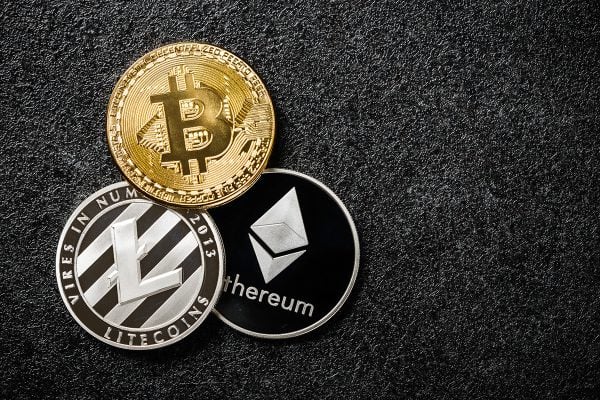
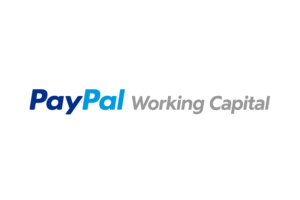

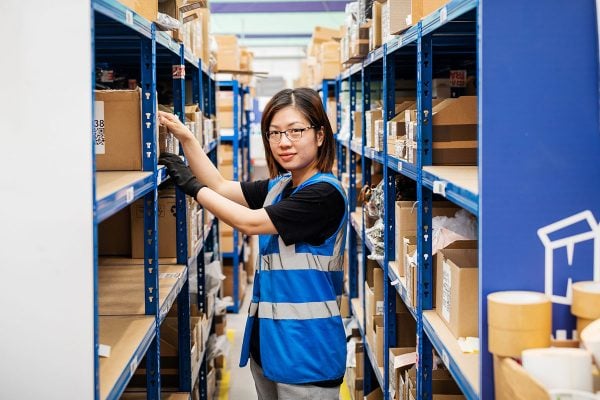


19 Responses
Much more balanced than the Guardian article, which was very knee-jerk to my mind.
For experienced sellers, this is all quite normal practice, simple common sense precautions are all that should be necessary.
Personally, we won’t accept Paypal payments or cheques for any item that is collected, payment has to be in hard cash. For that reason, we don’t show items as being available for collection at all, since cash is not acceptable on eBay now, and Paypal is mandatory. So collection is something that has to be requested as a special favour, and then the customer has to agree to pay in cash, or they don’t get the goods.
Whilst I agree, Paypal is generally a ‘safe’ payment option to accept, this highlighted Paypal scam is not new, and there are MANY well documented examples of it occuring across eBay discussion forums.
It should never be allowed to happen, and if controls cannot be put in place to prevent it happening, then sellers should be made more aware that it might happen – which is I guess what the Guardian article will do, except it has also highlighted the scam to potential fraudulent buyers – I can only see more occurences of this scam happening!
Surely the rule should be no matter how an item is to be paid for Paypal. Credit Card, Cheque, Hard Cash All have potential problems. The article and the comments all seem to think that Hard Cash is Safe. But over the years there have been many recorded instances of Hard Cash being Forged. Credit Cards may be stolen.
So when selling anything for a high price and it being collected ALWAYS take as many details as possible. After all if you later look at the money that you have received and you notice that all the banknotes have the same serial number then they are forged and not worth anything.
It is unlikely that sellers of low value items will hit problems but it can still happen. You sell an item for £4 and the buyer comes round to collect it but the smallest banknote that they have is a £20(or £50). Basically they are trying to launder the forgeries. They give you the forged £20 and you give them genuine notes or coin as the £16 change.
But with low priced items the crook is risking getting caught or identified for only a limited amount of goods and legitimate money.
Over the years I have attended many Traction Engine Rallies with my book stall. At many the organisers have sent a Steward around or put a message from the Police over the loud speakers that there is somebody on site passing forged £20’s(its usually the higher value notes-I cannot remember messages about forged £5’s and rarely £10’s).
So the rule should be Always be wary and always take precautions. 99% of the time nothing is wrong but then there will be the 1%.
Very interesting, I had no idea on this Paypal loophole. Amazed if it is the case that the buyer had left feedback per article.
Just realised I’ve been lucky that anyone collecting high value has paid by bank transfer or cash (and no problem with notes). I could easily have got caught out on this.
So whilst Guardian article kneejerk, probably needed to highlight to Paypal, suspect they wouldn’t take internet forums as seriously.
How about this as an idea….
When a buyer elects to pick up an item, eBay/PayPal issue the buyer with an ‘access key’ – a number which can be printed, possibly with a barcode, which they must present to the seller. When the seller enters this against the transaction (on the spot) and it is verified as being valid, the seller is noted as having ‘proof of delivery’ and can safely release the goods. This might also be considered as proof that the item IS as described, since the buyer has the opportunity to examine the goods before proceeding with the transaction.
I know there will be some things to work through – but this offers a ‘closed loop’ solution with both buyer and seller having a much higher degree of certainty.
The one thing that SHOULD make this appealing to eBay/PayPal is that it only needs to be properly programmed to be an ‘unattended facility’ (no ongoing staff requirement)
That presumes either:
(a) the problem -or-
(b) the marketing benefit
is big enough to warrant the investment of resources.
see they kept well away from the can of worms of buyer fraud for items not received (even by Registered/recorded delivery) and the new>>> payment cancelled by buyers/bank scam
Paypal is so full of holes its should be a cheese
we solve the problem easily
were mail order only if its bought on ebay
Great article David.
“PayPal” always gets the blame (or bad PR anyway), when in reality as pointed out by Chris, that all payments carry risk.
PayPal have done an excellent job of providing merchant services to the masses and as such is normally the first (and by far the easiest) way of transacting for products.
Its a shame by the definition of “news” we always tend to hear the bad side, but I wonder how many fraudulent transactions were saved today by PayPal?
Matt
If someone pays for a transaction on Ebay via Paypal but funded by a stolen credit card number, the credit card company will claim that money back from Paypal.
It doesn’t matter if the seller has a car reg, a signature, proof of postage or a photo of some bloke picking the item up, if the card owner did not approve the transaction, the card company take the money back from Paypal. This is part of the card scheme rules, Paypal cannot control this.
At which point, is Paypal therefore agreeing to take the loss for the seller, if they have proof of postage? I have not read Paypal T&Cs for a few years, but I am not aware that they cover this situation adequately, and therefore always will find in favour of the buyer, because they won’t take the loss themselves!
Paypal make plenty with their links to Ebay, buy something from US? converts the currency automatically on Ebay to £’s but when you pay via Paypal, its a different exchange rate>>> in their favour of course. and no other way of paying……
I have a lot of regular buyers that pick up from me, or meet me at locals shows.
I don’t let people come here to pick things up because I don’t want to spend the time entertaining them when they get a glimpse of my stuff. I had a woman about 10 years ago spend 45 minutes here looking at things I own who was picking up a cheap lantern. That was the last time.
Now I either meet the people at coffee shops (I go to a coffee shop most afternoons to read the paper anyway.), or at local shows. A few times I’ve dropped stuff off at buyer’s homes and spent some time looking over their collections.
I’ve met some interesting people over the years, and some of them call me when they need items. This allows me to sell them stuff with no paypal or eBay fees.
As a matter of fact, I have a local show coming up next weekend, and I’ve had 3 people call wanting things.
I take cash or local checks, and have never had a problem.
I think this is about relationships. I sell used toy trains. I see the local people over and over again at the shows. Allowing them to arrange meetings with me just makes sense.
Even the stuff I sell on eBay is mostly return buyers. Currently 35% or more of my sales are to repeat buyers.
Never mind PayPal. They must be throwing a hissy.
Just leave your mobile number on your listings and anyone with a Barclays bank a/c (UK) can send you up to £300.
PP might just feel a little under threat by the advancing tech.